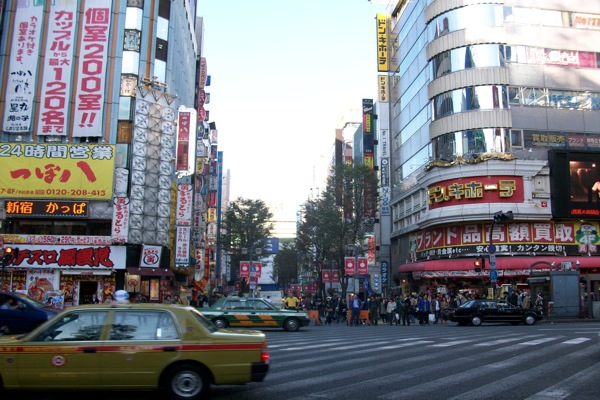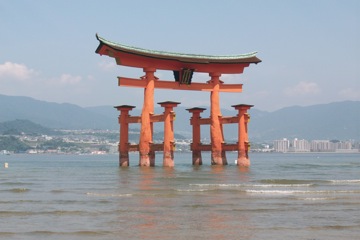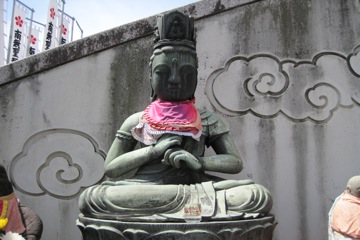
Photos: author
The vice principle walks carefully up the steps to the stage. At the top he stops and bows to the Japanese flag that hangs above. I can’t tell if it’s a bow of reverence or resigned routine. He approaches the podium, stops and bows to us. The gesture is returned.

